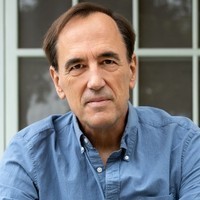Inside Scientology
A journey into the controversial religion:
In the next hour or so, Laurie asks me a number of questions: Am I married? Am I happy? What are my goals? Do I feel that I’m living up to my potential? A failure to live up to potential is one of the things known in Scientology as one’s "ruin." In trying to get at mine, Laurie is warm and nonaggressive. And, to my amazement, I begin to open up to her. While we chat, she delivers a soft sell for Scientology’s "introductory package": a four-hour seminar and twelve hours of Dianetics auditing, which is done without the E-meter. The cost: just fifty dollars. "You don’t have to do it," Laurie says. "It’s just something I get the feeling might help you." She pats my arm, squeezes it warmly.


